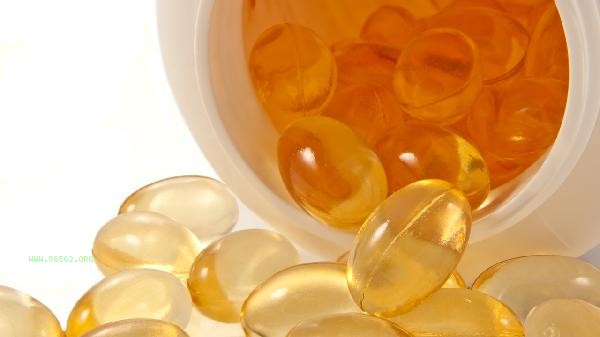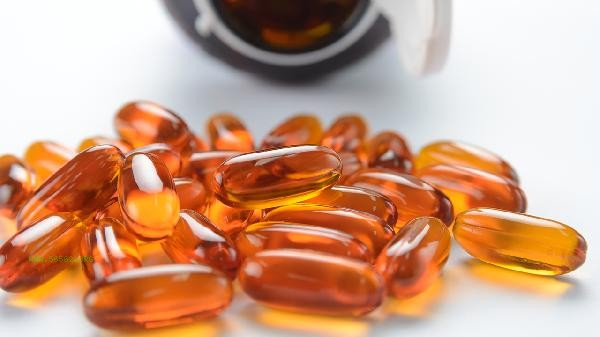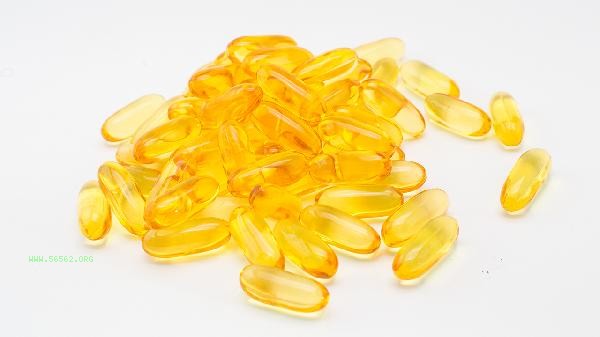Algae oil DHA and fish oil DHA each have their own advantages, and the choice should be based on individual needs and constitution. Algae oil DHA is more suitable for vegetarians or those who are allergic to fish, while fish oil DHA may contain a richer combination of EPA and DHA.

Algae oil DHA is directly extracted from marine microalgae, avoiding potential risks of marine pollutants, and does not contain fishy odor, making it suitable for odor sensitive populations. Algae oil DHA has a high purity and is suitable for pregnant and lactating women, as well as infants and young children to supplement. As it does not contain EPA, it is more in line with the single demand for DHA in this population. The production process of algal oil DHA is more controllable, avoiding the ecological problem of overfishing of fish resources and achieving better environmental protection. The absorption rate of algal oil DHA is comparable to that of fish oil DHA, but some studies suggest that its stability may be slightly higher. Algae oil DHA is suitable for long-term supplementation, especially for people who are allergic to fish or vegetarian. Fish oil DHA is usually extracted from deep-sea fish fat and contains a certain proportion of EPA, making it suitable for middle-aged and elderly people or those who need to supplement both EPA and DHA. The EPA content of fish oil DHA may have certain benefits for cardiovascular health, suitable for people with high blood lipids or cardiovascular risks. The price of fish oil DHA is usually lower than that of algal oil DHA, making it more cost-effective and suitable for people with limited budgets. Fish oil DHA may pose a risk of heavy metal contamination and requires the selection of products that have undergone strict purification. The fishy smell of fish oil DHA may affect the experience of taking it, and some people may experience gastrointestinal discomfort. Whether it is algae oil DHA or fish oil DHA, it is recommended to choose according to one's own health condition and needs, and pay attention to supplementing in moderation. Consult a doctor or nutritionist before long-term use to avoid excessive intake. DHA can also be obtained from natural sources such as deep-sea fish and algae in daily diet, and a balanced diet is more beneficial for health.










Comments (0)
Leave a Comment
No comments yet
Be the first to share your thoughts!